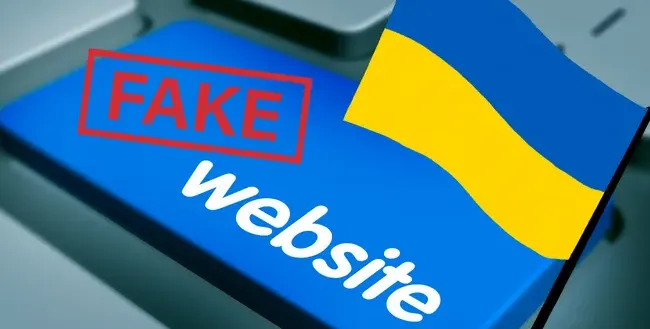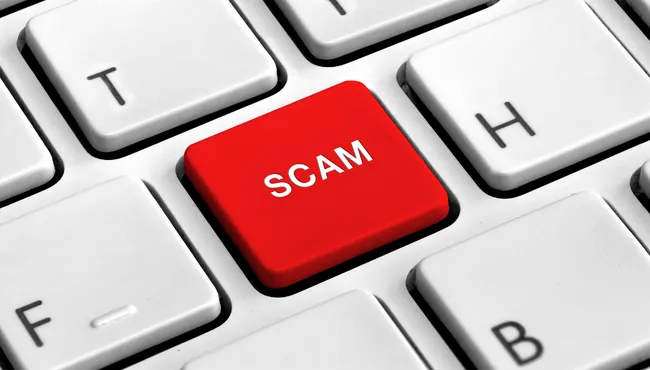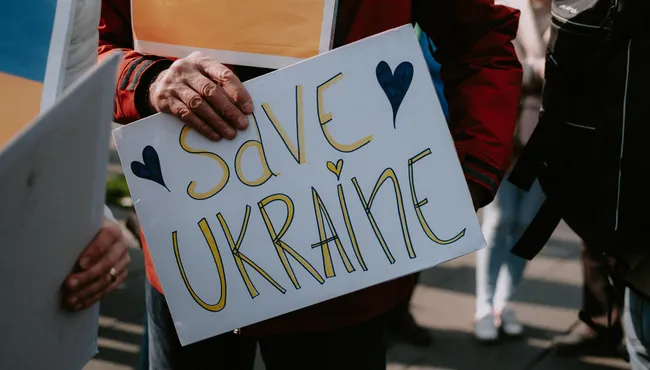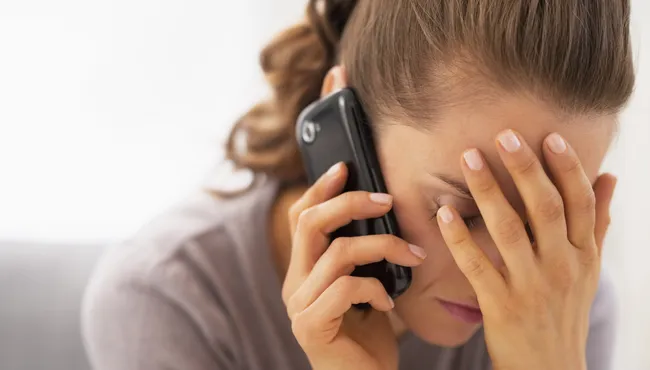
Scammers take advantage of Ukraine war with fake charity websites pretending to raise money
People around the world have been trying to help the victims of the war in Ukraine for many months. Such a situation is also, unfortunately, a haven for scammers who prey on people's compassion to extort money with fake emails pretending to be from legitimate crisis support charities. Be aware of these tactics and always check every institution you support.
How not to fall prey to scammers by accessing a fake website?

If you’re looking to help people in Ukraine, it can be easy to fall for a phony website claiming to raise money for the cause. Many fake websites claim they are helping out with the current situation in Ukraine but actually pocket all of the donations instead.
Email security company Tessian registered a 210% increase of domains containing the word “Ukraine” compared to last year. National cyber security centre is aware of this.
On average, 315 new Ukraine themed domains have been observed per day since February 24th. Additionally, 77% of these newly found domains appear suspicious based on early indicators.
But don’t worry – there are still plenty of reputable organizations that you can trust when making a donation. A few great examples include UNICEF and Doctors Without Borders, which have both been actively involved in providing humanitarian aid to those affected by recent events in Ukraine.
If you’re looking to donate money to help the victims of the disaster in Ukraine, be wary of scam websites. These look incredibly professional and official, but they are fake charities that will take your donation without giving it to actual aid workers.
How to stop the fake emails pretending to raise cash for war relief effort?
Look out for these red flags:
- The site asks for donations in Bitcoin instead of fiat currency (such as US dollars, Pound Sterling's, Euros), which is a sign that the charity isn’t legitimate.
- There is no contact information provided – if you have questions or concerns about the site, you would need to contact someone and get a response.
- The organization claims to have ties with other legitimate charity organizations – even if they do have this connection, they should still keep their own contact information available on their site.
How you can avoid getting scammed when donating money to support Ukraine?

Scams are unfortunately common when donating to charity organizations, especially during times of crisis. Keep in mind the following tips if you decide to donate to help victims of the conflict in Ukraine:
1. Do your research before donating by checking the website of any charities or groups for information about their mission and their registration. If a charity is registered in the UK you can check it HERE. In US you can check out sites such as Charity Navigator and GuideStar for more guidance. If they don’t list their registration information, it’s generally a sign that they are not legitimate.
2. Beware of any charity or organisation that asks for donations via money transfer services such as Western Union, MoneyGram, or wire transfers. These methods offer little if any guarantee that your money will reach the intended recipient, and are nearly impossible to trace after you send it.
3. Although cryptocurrency is being accepted by some companies as a legitimate form of donation, there are many scams associated with it. Do your research to make sure you are donate to a reputable source. Beware of crypto currency phishing emails. When you attempt to donate bitcoin to a charity take a deep look into the credibility of the organisation. After all, Bitcoin exchanges cannot be traced.
4. Keep in mind that most charities accept cash donations only during business hours at their physical location. Any fundraising efforts taking place outside these hours – especially those organised by individuals rather than charities – may be scams designed to steal your money.
5. Beware of any charity that asks you to wire money or pay a fee before they will send your donation to Ukraine. Legitimate organization or charity do not require this type of payment, and many scammers often ask for these fees, which may be disguised as “transportation costs”, charity commission or other similar excuses and related topics.
6. Beware of fake emails - reputable, well known organizations, operating legally never send messages without your approval. If you want to check a foundation, do so by searching for it via Google. Never click on a link in an email or text message you have received.
8. If you decide to donate money to an organisation, try to do it through a credit card rather than a debit card. Always check your account balance regularly for unexpected transactions.
9. Beware of emails pretending to raise money, and other crypto currency phishing emails.
10. Finally, avoid donating to crowdfunding campaigns in social media posts on Facebook or Twitter unless you are sure the individual or group behind the campaign is legitimate. Scammers often set up fake pages in order to take advantage of people who want to help.
What should you do if you find that an organisation you have supported has frauded you?

If you think you could have been scammed speak to your bank immediately. You need to also report it to Action Fraud on 0300 123 2040.
If you are an organisation (private, public, or voluntary) that wishes to get information about cyber security, then contact the National Cyber Security Centre (NCSC).
If you want to help victims of the conflict in Ukraine, it is important to do your research beforehand so that you can ensure your money goes directly to a legitimate charity or organization. By following these tips and being cautious about where you send your money, you can rest assured that your donation will make a real difference for those in need. Be careful and donate wisely.